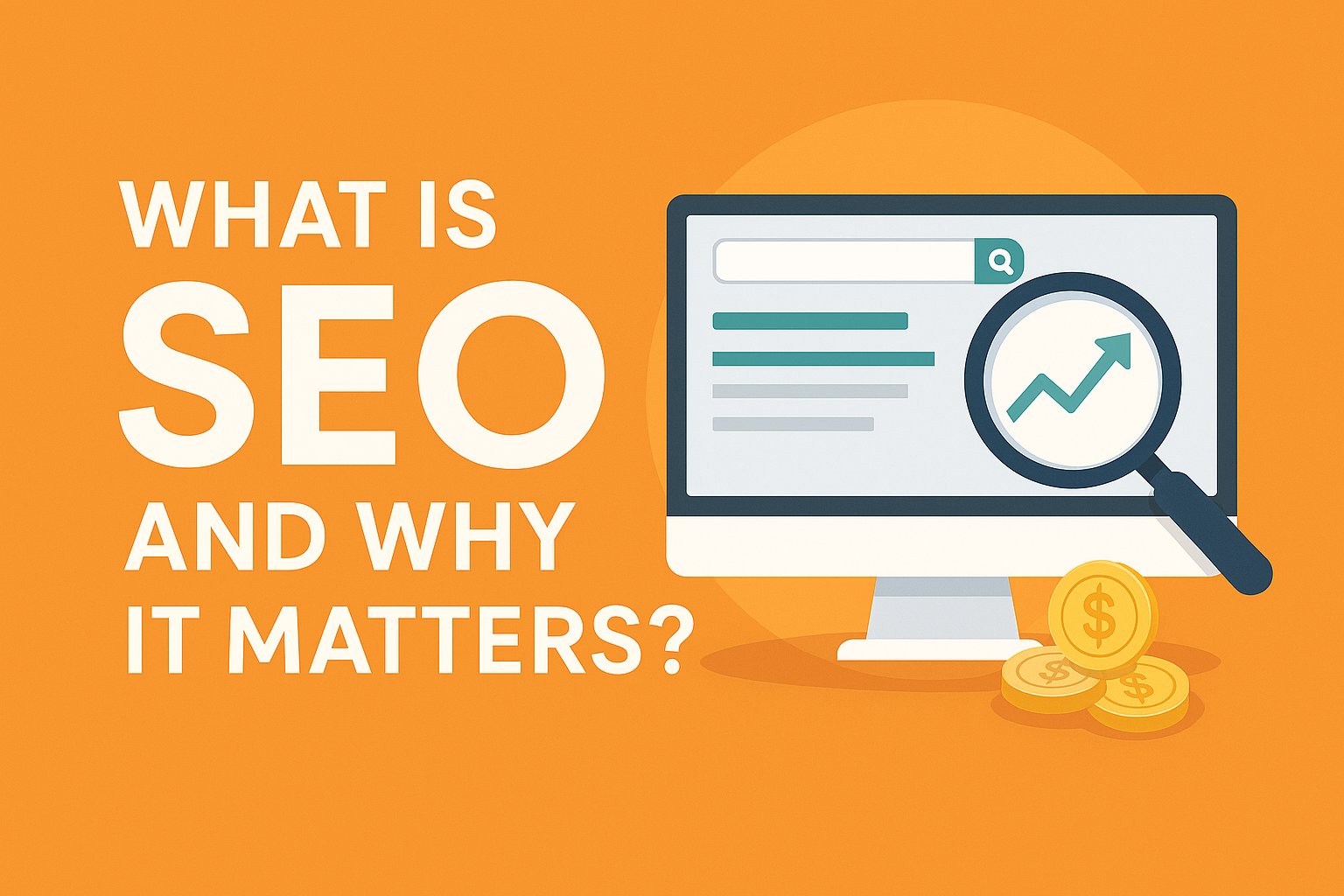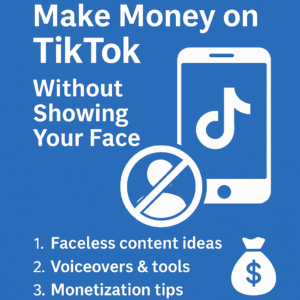What is SEO and Why It Matters in 2025 – The Ultimate Guide
Discover what SEO is, how it works, and why it’s essential for online success in 2025. A complete guide for beginners and website owners.
What is SEO and Why It Matters in 2025 – The Ultimate Guide
In the fast-paced digital world of 2025, visibility is everything. You might have the best product, the most valuable information, or a stunning website — but if people can’t find you on search engines, it’s like shouting into a void.
This is where SEO (Search Engine Optimization) comes into play.
In this detailed guide, we’ll explain what SEO is, how it works, why it’s so critical for your online presence, and what you can do to start optimizing your site today.
🌐 What is SEO?
SEO stands for Search Engine Optimization. It’s the practice of optimizing your website and content so that it appears higher in search engine results pages (SERPs) like Google, Bing, or Yahoo.
The ultimate goal?
To attract free, organic traffic from users actively searching for what you offer.
🔍 Why is SEO Important?
Here are the main reasons why SEO is a must for anyone with an online presence:
- Drives Free, Targeted Traffic
SEO brings in users who are already searching for solutions you provide — no need for paid ads.
- Builds Trust and Authority
Top-ranked sites are viewed as more credible. SEO helps you build authority over time.
- Long-Term ROI
Unlike paid advertising, SEO provides consistent traffic without ongoing cost per click.
- Increases Sales and Conversions
High-ranking pages attract more visitors — and the more relevant your traffic, the higher your chances of conversion.
⚙️ How Does SEO Work?
Search engines like Google use complex algorithms to determine which pages should appear first for a given query.
They analyze factors like:
Keyword relevance
Page speed
Mobile-friendliness
Internal linking
Backlinks
Content quality and freshness
Your job is to align your website with these ranking factors.
🧩 Key Elements of SEO
- Keyword Research
Identify what your audience is searching for. Use tools like Google Keyword Planner, Ahrefs, or Ubersuggest.
- On-Page SEO
Optimize your page titles, meta descriptions, URLs, header tags, and keyword placement.
- Technical SEO
Ensure your website is fast, secure (HTTPS), mobile-friendly, and has a clean code structure.
- Content Quality
Create original, valuable, and in-depth content that answers user queries better than your competitors.
- Backlinks
Get high-quality links from other reputable websites. These serve as “votes of confidence” in your content.
- User Experience (UX)
Easy navigation, fast loading, and helpful layout keep users engaged — and Google notices.
📈 What Are the Benefits of SEO?
🚀 Higher search engine rankings
🌎 Increased brand awareness
💰 More organic leads and sales
🧠 Greater authority in your niche
💼 Competitive advantage in your industry
⚠️ Common SEO Mistakes to Avoid
❌ Duplicate or plagiarized content
❌ Keyword stuffing
❌ Ignoring mobile optimization
❌ Slow loading pages
❌ Buying low-quality backlinks
❌ Not updating outdated content
💡 Pro Tip: Focus on E-E-A-T
Google now emphasizes Experience, Expertise, Authoritativeness, and Trustworthiness. Make sure your content reflects all four for better rankings.
🧠 FAQ – Frequently Asked Questions
How long does it take to see SEO results?
Typically 3–6 months, depending on competition and strategy.
Is SEO free?
The basics are free, but tools and expert help may require investment.
Do I need SEO for a small business or blog?
Absolutely. SEO is essential for any site that wants to attract traffic and grow.
🏁 Final Thoughts
Whether you’re running a personal blog, an e-commerce store, or a corporate website — SEO is the backbone of your online visibility.
It’s not a shortcut, but it is a sustainable, scalable strategy for long-term success.
If you want to be found, trusted, and clicked — start taking SEO seriously today.





Post Comment